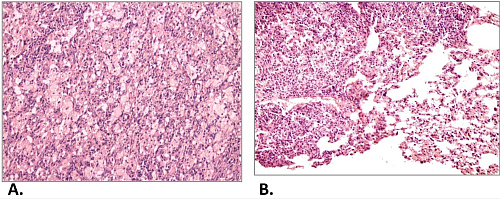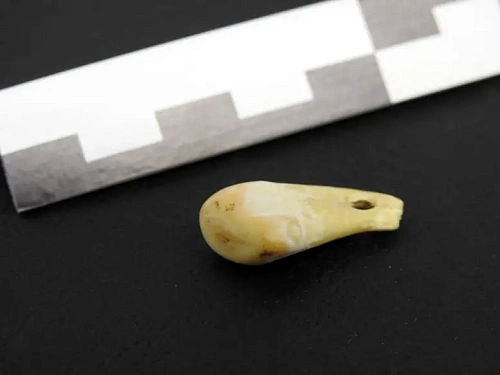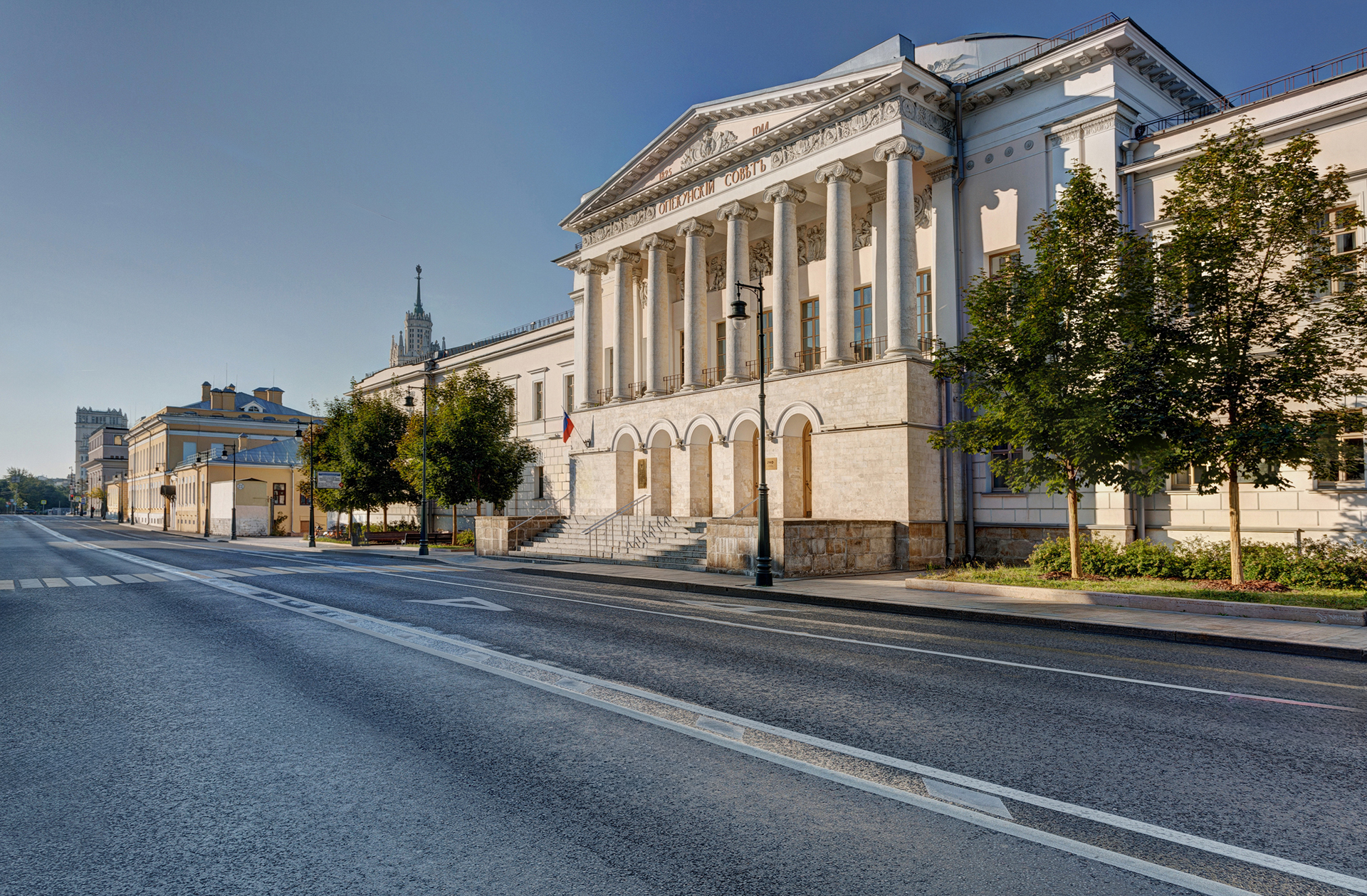
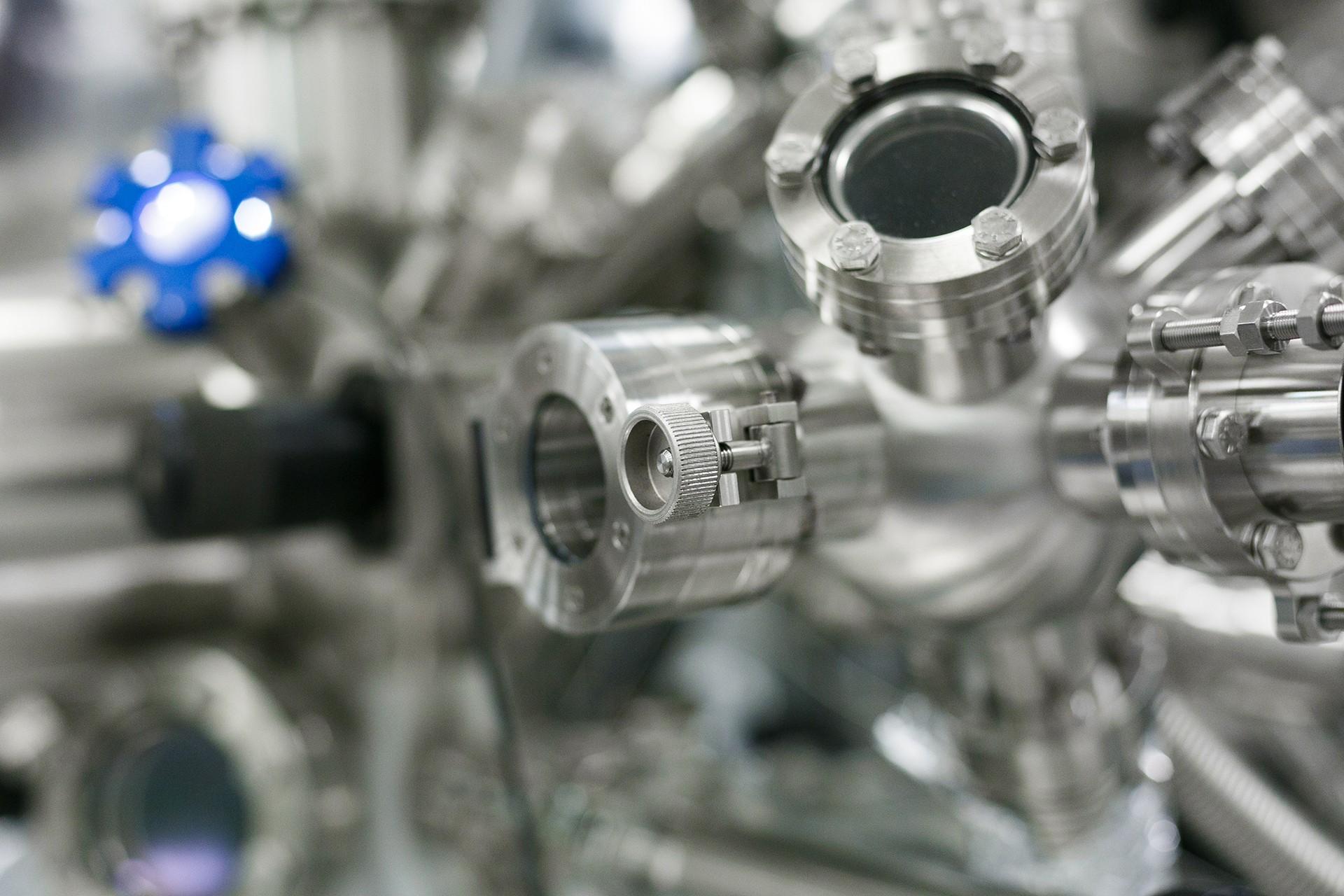
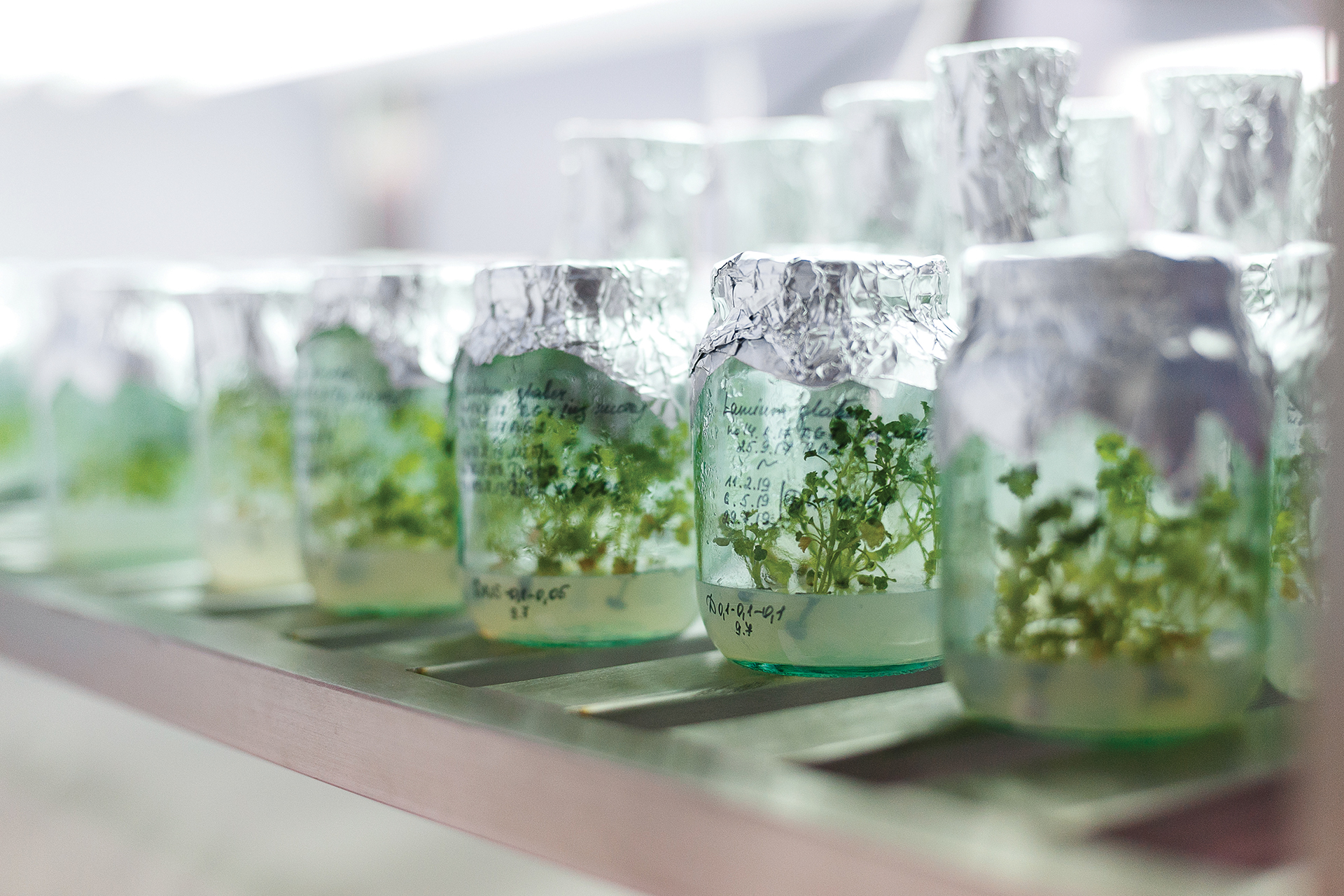
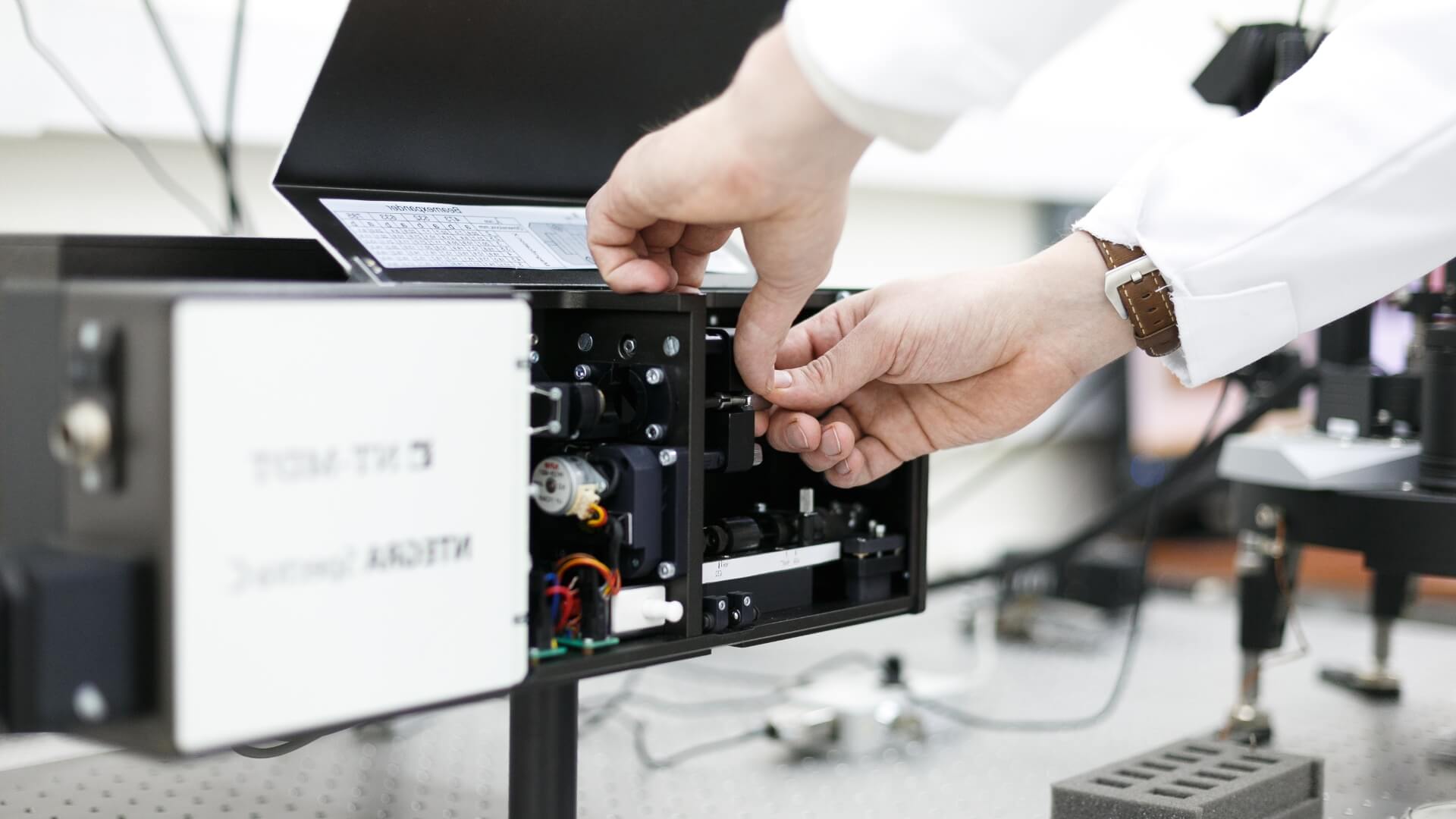
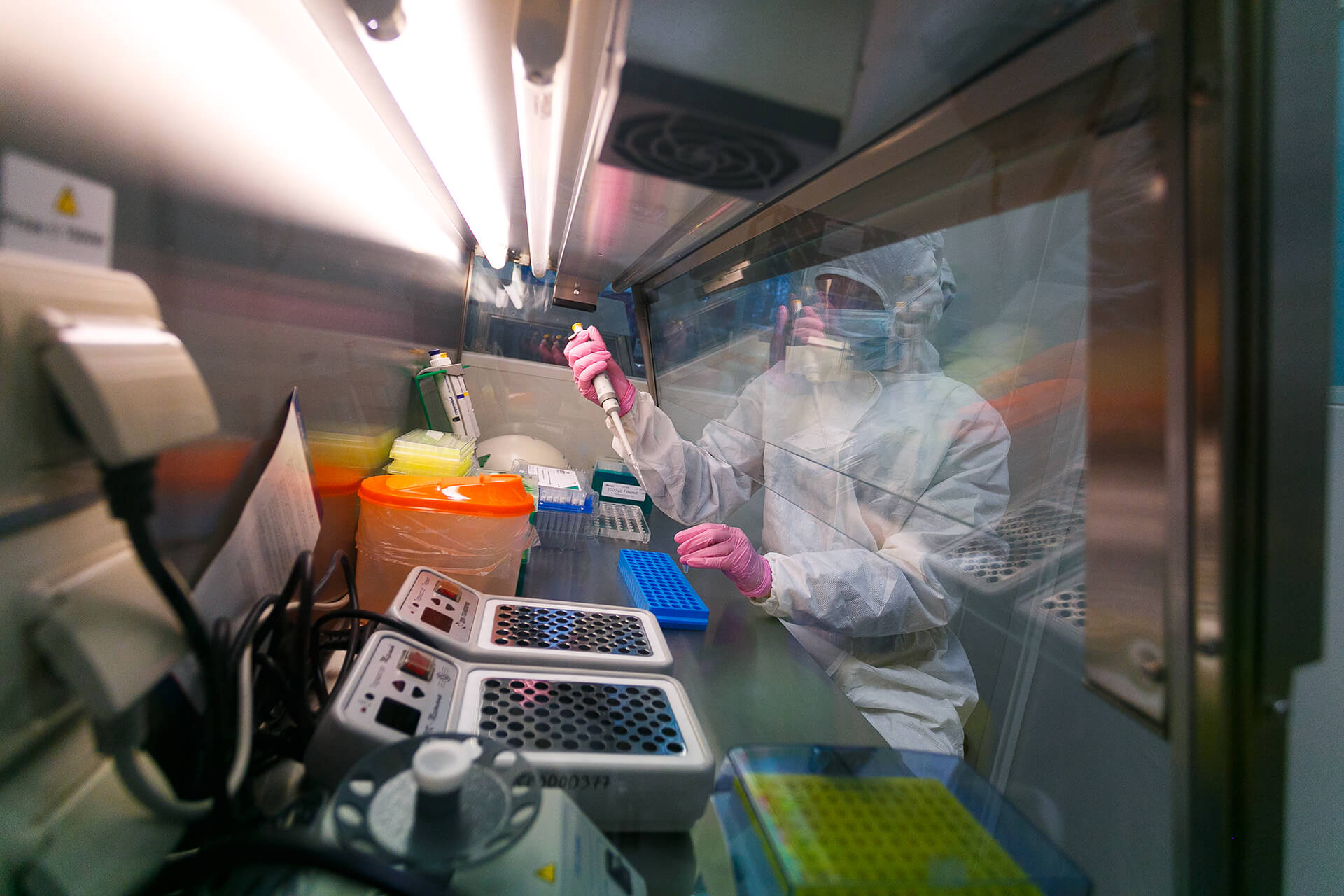
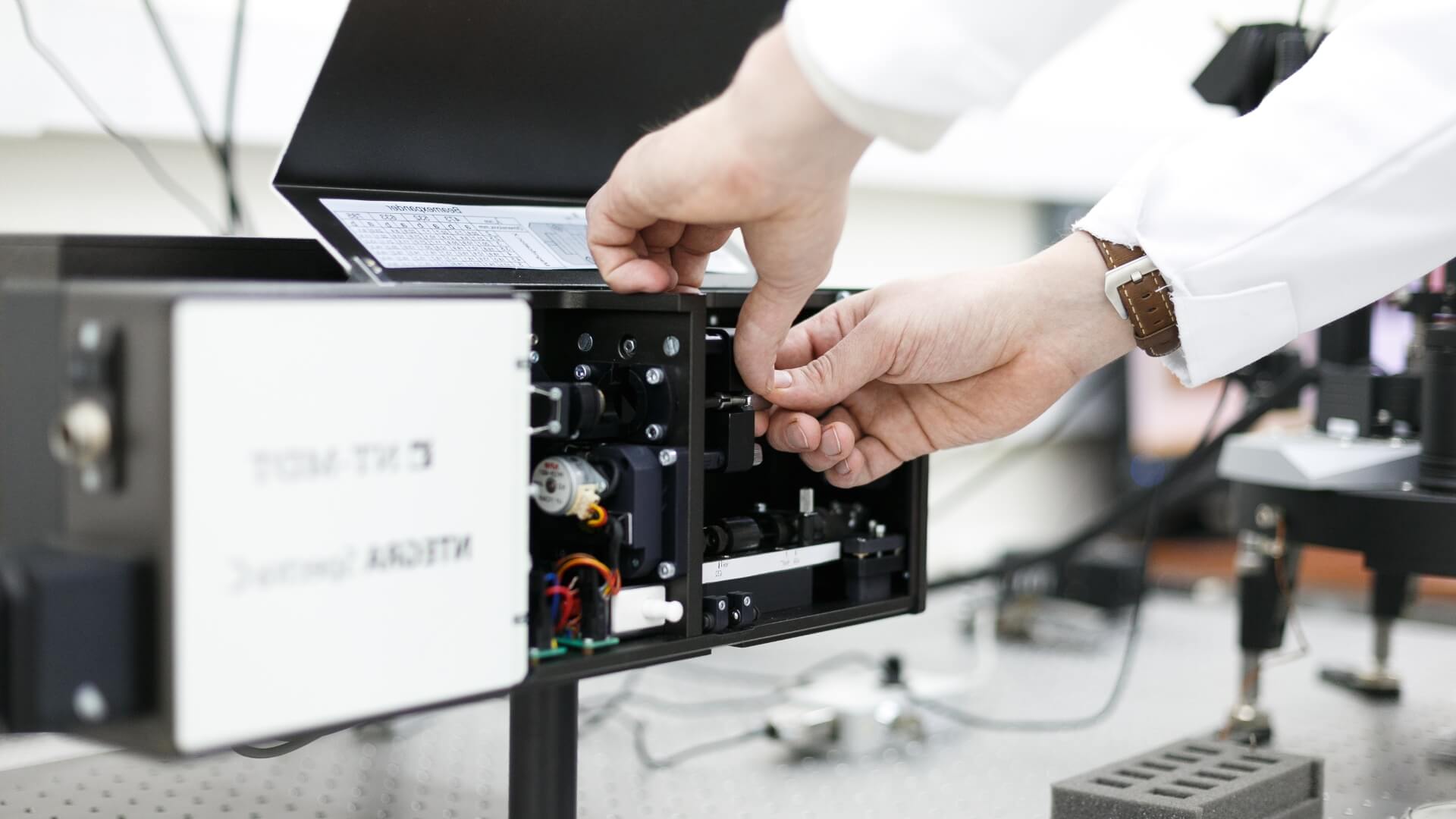
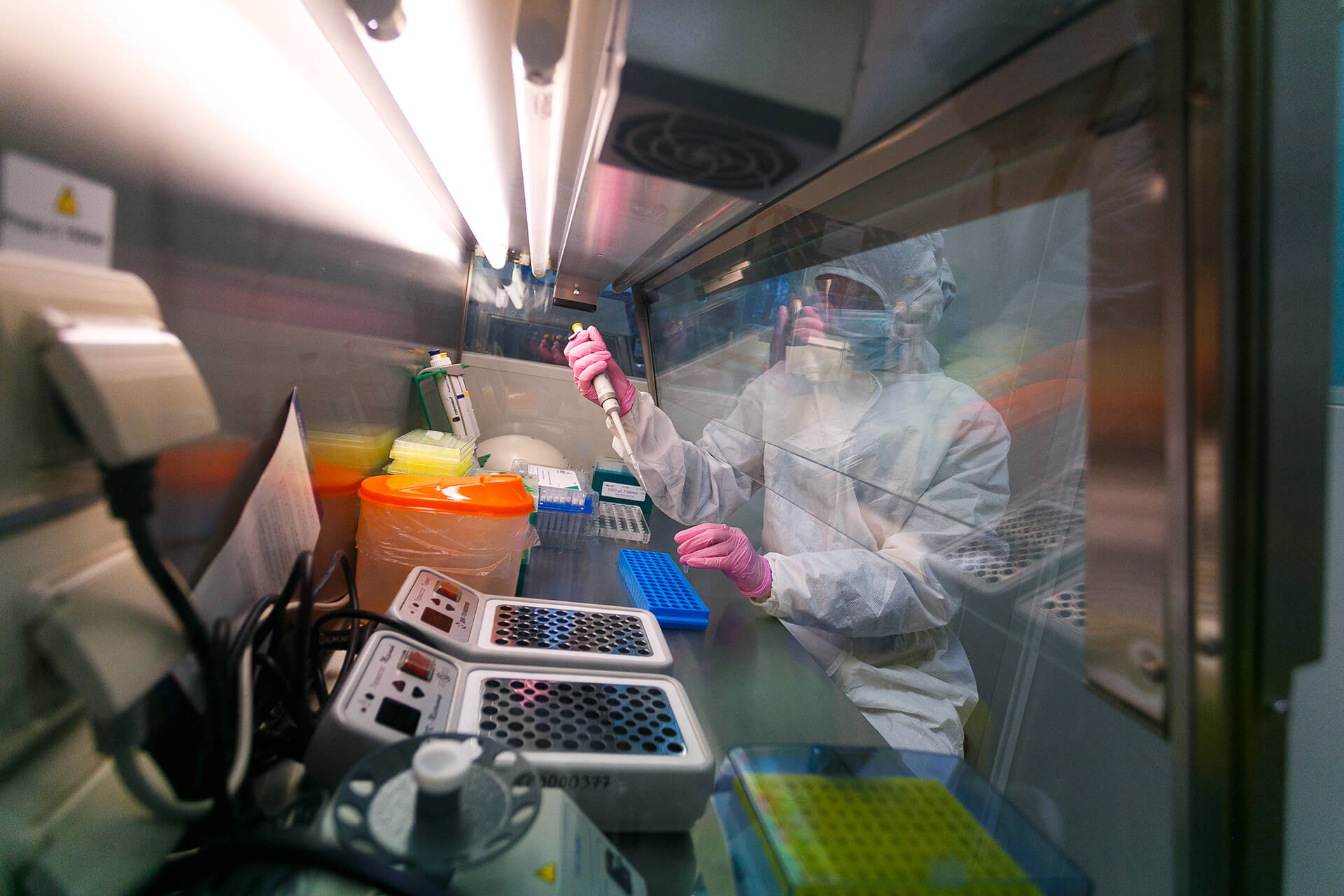
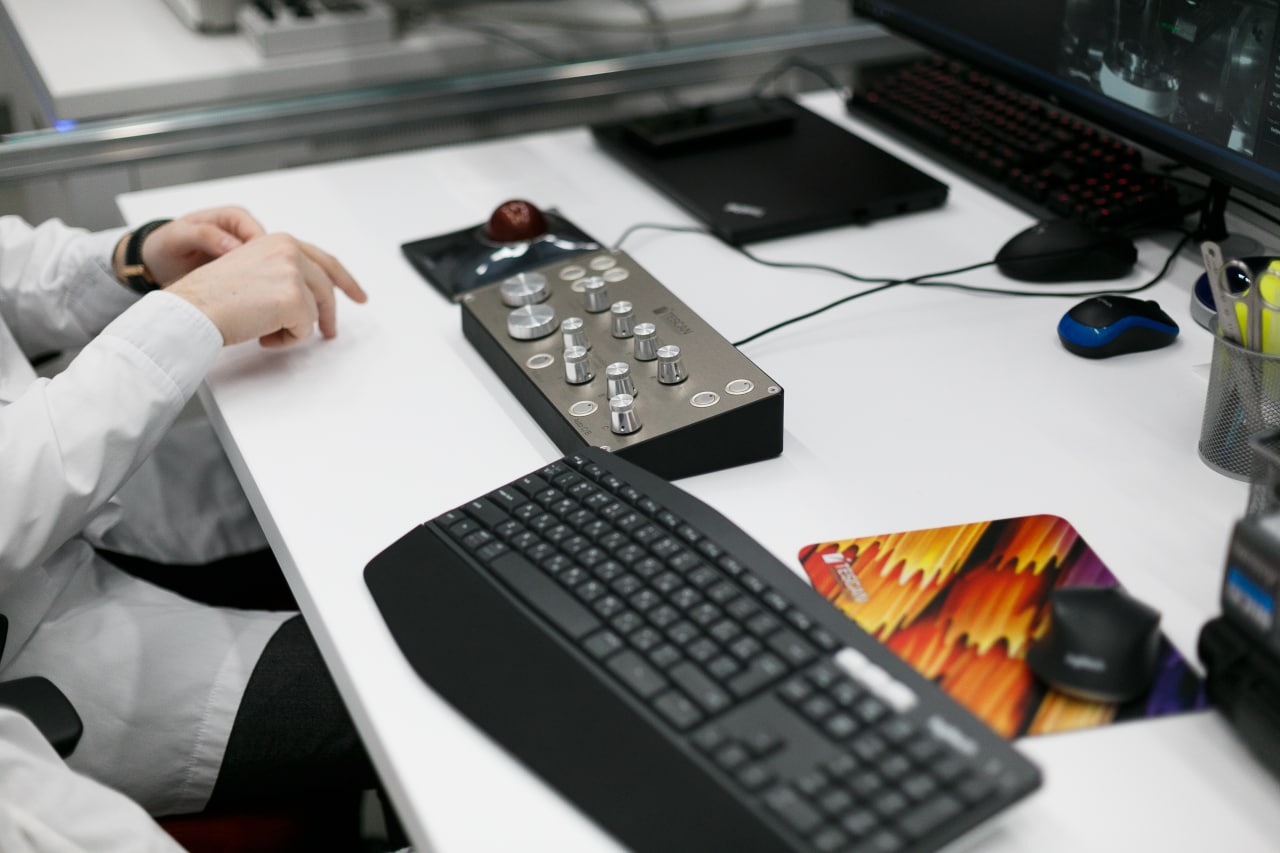
“There is a rule of the so-called golden hours: it is necessary to help the patient within six hours after a stroke, so that the consequences are minimal. In our country, there are a large number of areas remote from regional centers, so it is not always possible to comply with this rule — it was not by chance that we waited the whole day before injecting the medicine into our experimental subjects, ”said Vadim Negrebetsky, Doctor of Chemistry, Professor of the Russian Academy of Sciences, Director, in a comment to RT Research and Testing Center of the Russian National Research Medical University named after N.I. Pirogov.
According to the authors of the work, a substance of the racetam class was used as the basis for the new drug. These compounds have long been used as nootropics, but studies have also shown the ability of racetams to speed up the rehabilitation of patients after a stroke. The authors of the work chemically modified this substance to increase its biological activity. The damage that brain tissue receives during a stroke triggers the inflammatory process. Normally, inflammation is part of the recovery mechanism, but in practice it often becomes chronic and begins to interfere with tissue regeneration.
Scientists have found that the use of a new drug leads to a tenfold increase in the content of special interleukins (a type of immune molecule) in the affected area of the brain, which reduce inflammation and stop the destruction of nerve tissues. In addition, experiments have shown that the new drug can reduce the concentration of astrocytes in the area of damage — auxiliary brain cells that normally carry nutrients from the blood to neurons.
However, in a stroke, they can lead to scarring at the site of the hemorrhage and increase inflammation, which prevents tissues from recovering normally. Therefore, a decrease in the number of astrocytes at the site of injury can also accelerate rehabilitation, the authors note.
